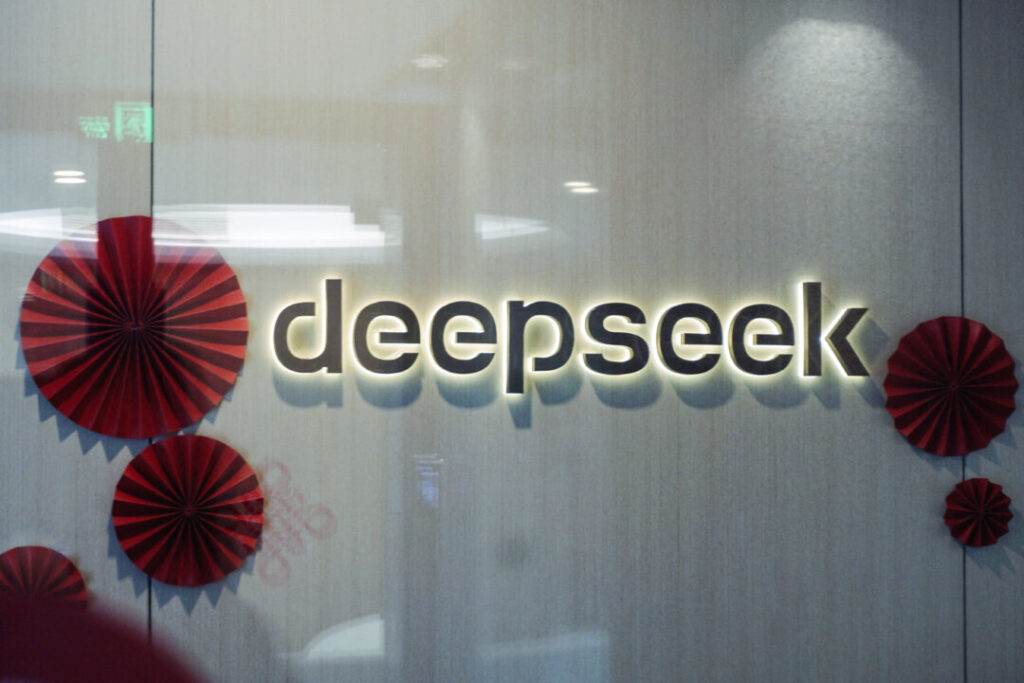A new AI program from China has caused bans in several countries, leaving questions about ethics and data security.
News Analysis
Chinese AI startup Deepseek has surprised the market by releasing a relatively inexpensive platform with slower chips, with similar performance levels to its American counterparts. As a result, Nvidia Corp. saw stock fall into double digits on January 27th. A full recovery has not yet occurred. The market responded from fear that the dominant lead of chipmakers and the loss of American AI leadership.
The rise of Chinese apps has invited scrutiny of data practices.
The possibility of data in the hands of Chinese authorities comes from cybersecurity experts, including Nadir Izrael, chief technology officer at US-based Armis, who recommends organizations block or restrict access to the platform. caused waves of attention. Australia’s Cybercx urged non-governmental agencies to do the same.
Lawmakers from other countries, including the United States, are investigating Deepseek’s data collection practices and drafting bills to limit its use.
Lin Tsung-Nan, a professor of telecommunications engineering at National Taiwan University, said that Chinese companies could be forced to comply with state demands or even be state-owned enterprises disguised as private companies. He spoke to. Lin believes there is a global distrust of Deepseek, which stems from “direct links with the Chinese Communist Party (CCP).”
AI race accelerates
On his second day in office, President Donald Trump announced a $500 billion AI investment in the United States, calling it “the biggest AI infrastructure project in history.” The new initiative aims to maintain American AI leadership, particularly in the case of China.
Trump also revoked an executive order issued by President Joe Biden, giving private companies more autonomy for AI development.
On January 27th, Trump called Deepseek’s rise a “wake-up call” for American tech companies.
The House China Panel’s bipartisan leader has called on the White House to strengthen export controls for advanced chips used in AI development.
Referring to China’s official name, the People’s Republic of China, the lawmaker said, “It is essential that export controls be updated frequently, so PRC will not exploit regulatory gaps and loopholes to promote AI ambitions.” To make it happen.”
The tightening of export control addresses one aspect of AI security, but artificial intelligence itself poses deeper ethical and social challenges. Unlike traditional manufacturing, AI is able to reconstruct norms and values, embedded in certain models that are potentially transformative in future generations.
According to Tseng Yi-Shuo, a cybersecurity expert at the Taiwan Institute of Defense and Security, China’s platform is similar to ChatGPT, but has a CCP-driven agenda.
Users have found that Deepseek does not answer questions about politically sensitive topics, such as the Tiananmen Square massacre, in which hundreds of democratic Chinese students were killed. Such responses prompted doubt that Deepseek could act as a propaganda tool rather than a fair platform.
Tseng told the Epoch Times that if a company complies with CCP values and rules for manipulating data and algorithms, it can shape global opinions as “a tool for cognitive warfare.”



